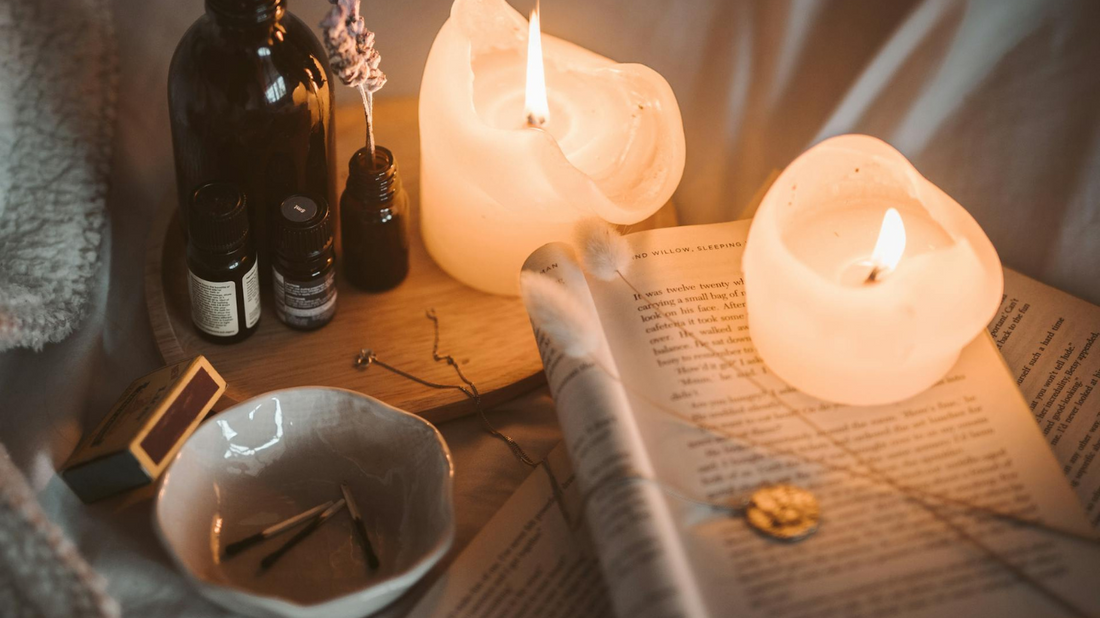Our circadian rhythms determine our levels of energy throughout the day. Our bodies prefer bright light in the morning and dimmer light in the evening to let our brain know when to be active and when to wind down.
At Hygge Glo, we are firm believers in the candlelight benefits for mood, better sleep, and wellbeing, since candles are great sources of dim, low light that’s perfect for evening hours.
What Studies Show About Soft Light Before Sleep
In 2015, the National Library of Medicine published a study of how the light affects us before we go to bed. The study found that bright light in the evening can delay the body's internal clock, making it harder to fall asleep. Researchers tested how different levels of light in people's homes affected their sleep patterns. They had participants spend one week with dim lights in the evening and another week with bright lights. They found that when the lights were bright, people went to bed a little later, and their body's internal clock shifted to a later time. The study suggested that reducing evening light exposure can help improve sleep by keeping our internal clocks in sync.
During the study, the participants would lower the light source brightness to 3 lux or less, which was determined the optimal level of light exposure before sleep. A lux is the amount of light that falls on a surface one meter away from a candle, and one foot-candle is equal to 10.764 lux.
What Candles Should You Use
Any candle is better than a fluorescent bulb, but the smaller the candle, the less the lux measurement. A tea light candle, at most, will produce 1-3 lux, which is exactly what the study determined to be the optimal wind-down light. A great way to enjoy tea light candles is pairing it with a tea light candle carousel.
The Effect of Soft Light on Our Nervous System
If you’ve even been at a restaurant for dinner where they suddenly dim the lights to create a more romantic ambiance, you will know that the moment the light brightness you felt much calmer and more relaxed. Soft light has a calming effect on our nervous system. Our circadian rhythms ideally should be aligned with the rising and setting of the sun, so it makes sense that softer light after sunset plays into our natural disposition.

